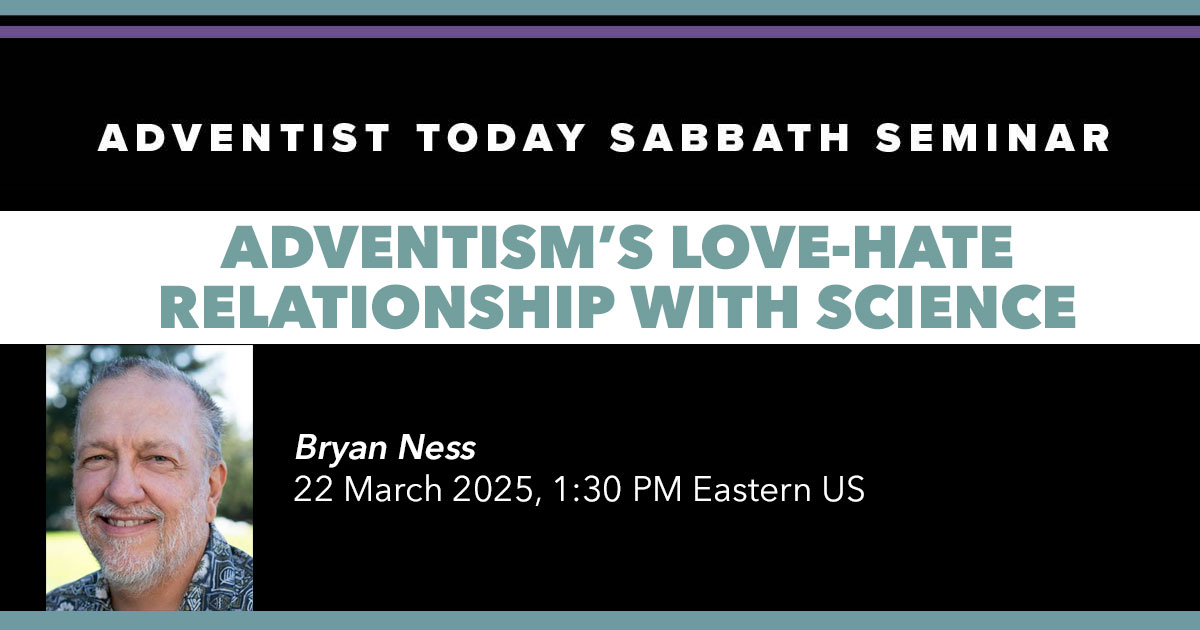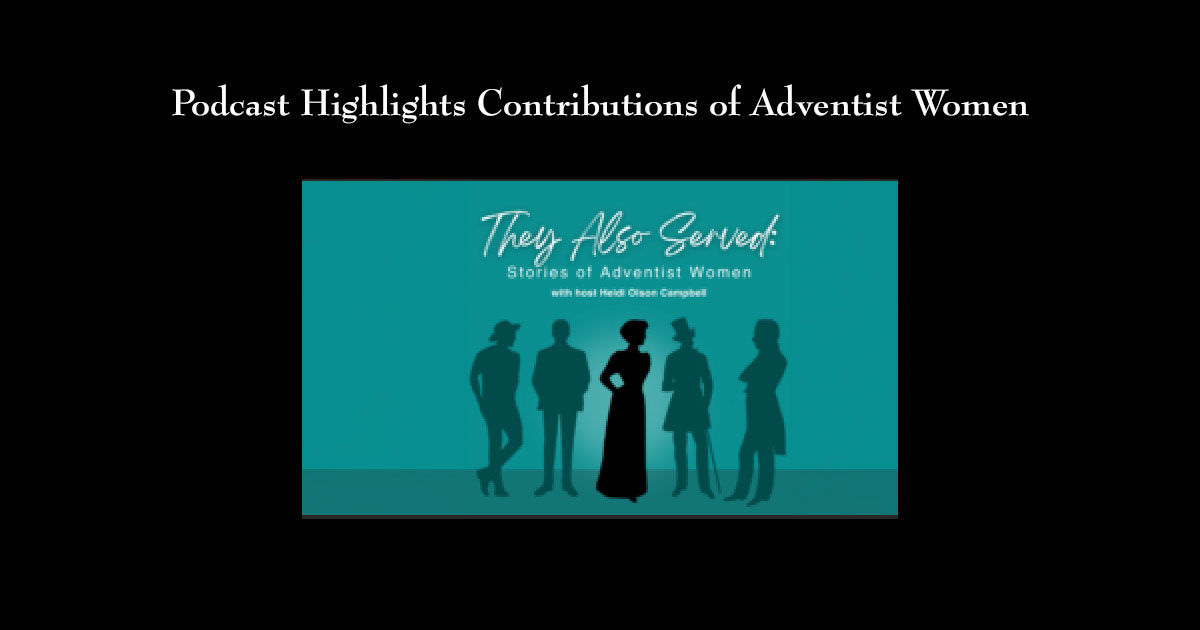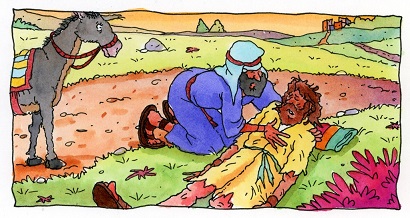Never Compromise Your Faith—Here’s Why In the last days, the Bible warns about two groups—those who stand firm and those who compromise. History has shown that many have paid the ultimate price for their unwavering faith. But what can we learn from their example? Using insights from FBI negotiator Chris Voss' book Never Split the Difference, we uncover a powerful lesson on why compromise in faith is never an option. The Bible tells us that millions have stood for truth despite immense persecution, and their testimony speaks to us today. ▶️ Are you ready to stand firm when it matters most? Watch now and discover the dangers of spiritual compromise and the call to unwavering faith in the last days. 🔔 Subscribe for more faith-based insights on Bible prophecy, Christian living, and end-time events! 📖 Key Bible Verses: Revelation 12:11, Daniel 3:16-18, Matthew 24:13 #BibleProphecy #EndTimes Source: https://www.youtube.com/watch?v=PM44VIPfXaE
ATSS: Bryan Ness, “Adventism’s Love-Hate Relationship with Science”

19 March 2025 | The dance between religion and science has been going on since the dawn of the scientific revolution. When the Catholic Church became more and more concerned with the drift of Easter later and later in the year, they enlisted the astronomer Copernicus to fix the problem. He did so—but in the […] Source: https://atoday.org/atss-bryan-ness-adventisms-love-hate-relationship-with-science/
Love and Justice: The Two Greatest Commandments – Hit the Mark Sabbath School
Join the Hit the Mark panel as they discuss Sabbath School Lesson 12 – Love and Justice: The Two Greatest Commandments. It’s the fastest hour of the week!
 (0)
(0)Source: https://ssnet.org/blog/love-and-justice-the-two-greatest-commandments-hit-the-mark-sabbath-school/
Thursday: Who Is My Neighbor?
Daily Lesson for Thursday 20th of March 2025
In Luke’s account, just after Jesus declares the two greatest commandments of love for God and love for a neighbor, a lawyer, “wanting to justify himself, said to Jesus, ‘And who is my neighbor?’ ” (Luke 10:29, NKJV). In response to this, Jesus tells the now-familiar, but then shocking, parable of the good Samaritan.
Read the parable of the good Samaritan in Luke 10:25-37. What is this passage saying in light of the cry of the prophets for mercy and justice and of the kinds of injustices that different people groups have inflicted on “others” throughout human history?
Jesus did not just talk about justice; He came to bring it. He was and will be the fulfillment of the prophetic call and longing for justice (see Luke 4:16-21 in light of Isaiah 61:1-2). He is the desire of all nations, especially those who recognize their need for deliverance.
In direct contrast to the enemy, who grasped for power and sought to usurp God’s throne, Jesus lowered Himself and identified with those under sin, injustice, and oppression (without being infected by sin), and He defeated the enemy by giving Himself in love in order to establish justice as the One who is just and the Justifier of all who believe. How can we claim to be concerned about the law that Christ died to uphold if we are not concerned about what Christ calls the weightier matters of the law?
Psalms 9:8-9 proclaims, “He shall judge the world in righteousness, and He shall administer judgment for the peoples in uprightness. The Lord also will be a refuge for the oppressed, a refuge in times of trouble” (NKJV). Likewise, Psalms 146:7-9 adds, God “executes justice for the oppressed” and “gives food to the hungry. The Lord gives freedom to the prisoners. The Lord opens the eyes of the blind; the Lord raises those who are bowed down; the Lord loves the righteous. The Lord watches over the strangers; He relieves the fatherless and widow; but the way of the wicked He turns upside down” (NKJV).
How much clearer could the Word of God be in regard to how we should seek to minister to those around us who are in need and are hurting?
|
What can we learn from the life and ministry of Jesus about reaching out to those in need? Even if we can’t perform miracles as He did, for many hurt people, how could our help be deemed “miraculous” enough? |
 (1)
(1)Women’s Leadership and Involvement in Adventist History Explored in New Podcast

19 March 2025 | The Adventist Learning Community is shining a spotlight on the often-overlooked female leadership involved in the Seventh-day Adventist Church through its new podcast, They Also Served: Stories of Adventist Women. The title and theme of the podcast are drawn from a book, They Also Served, written by Ava Covington Wall nearly […] Source: https://atoday.org/womens-leadership-and-involvement-in-adventist-history-explored-in-new-podcast/
- « Previous Page
- 1
- …
- 373
- 374
- 375
- 376
- 377
- …
- 4371
- Next Page »


